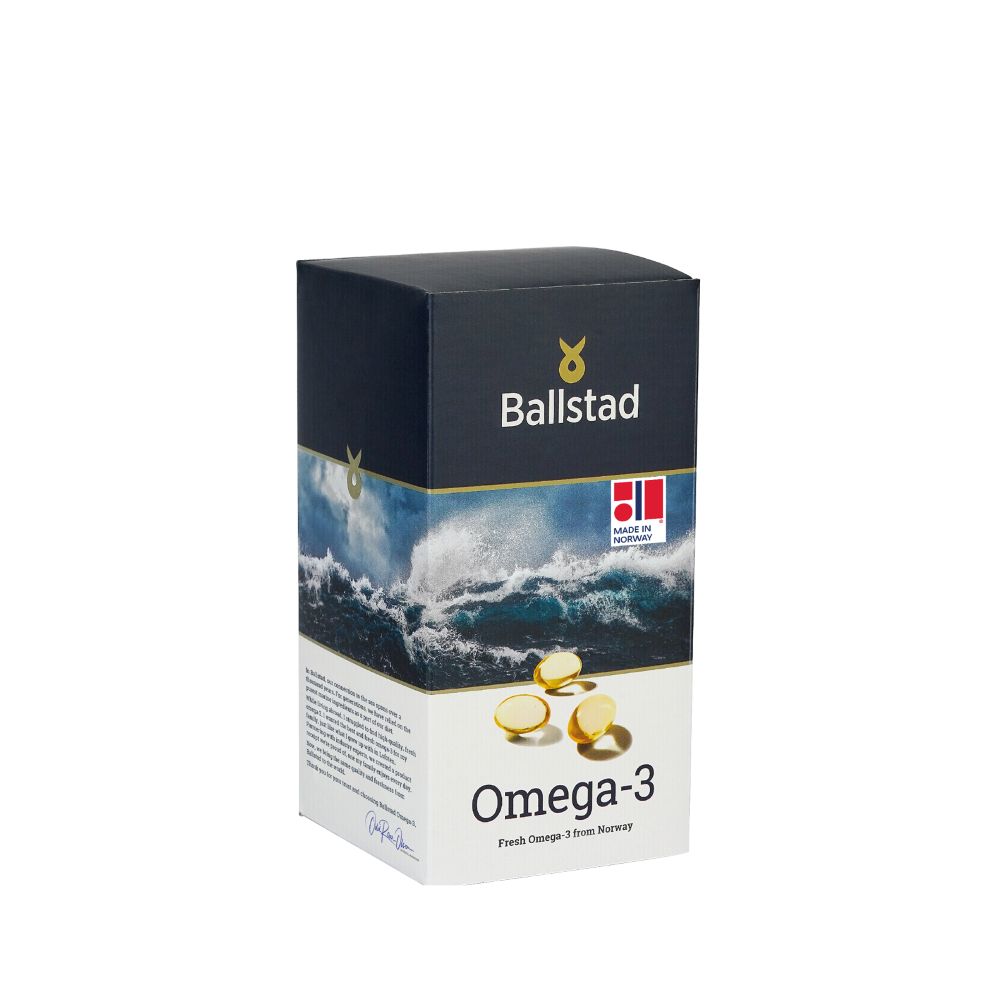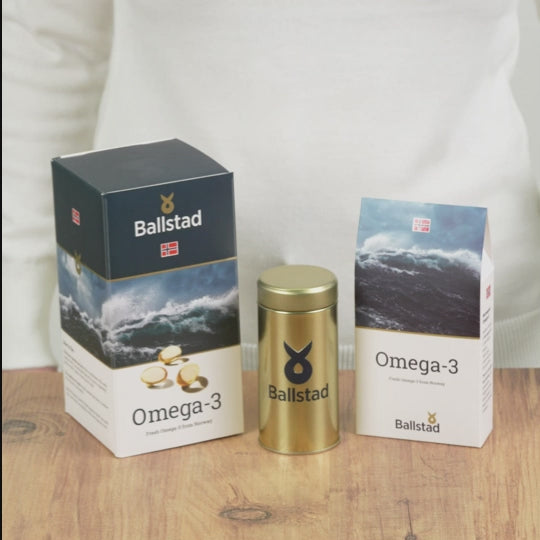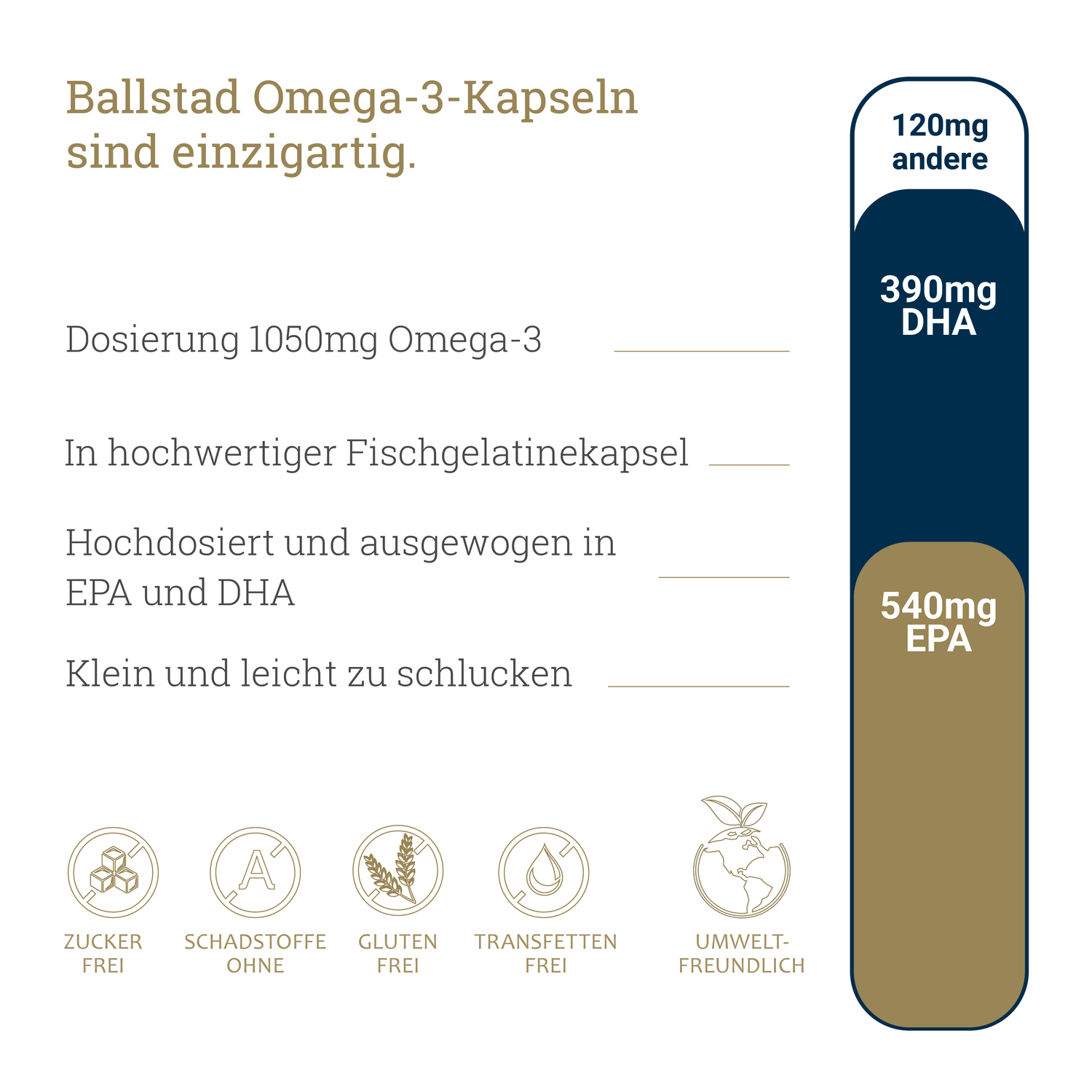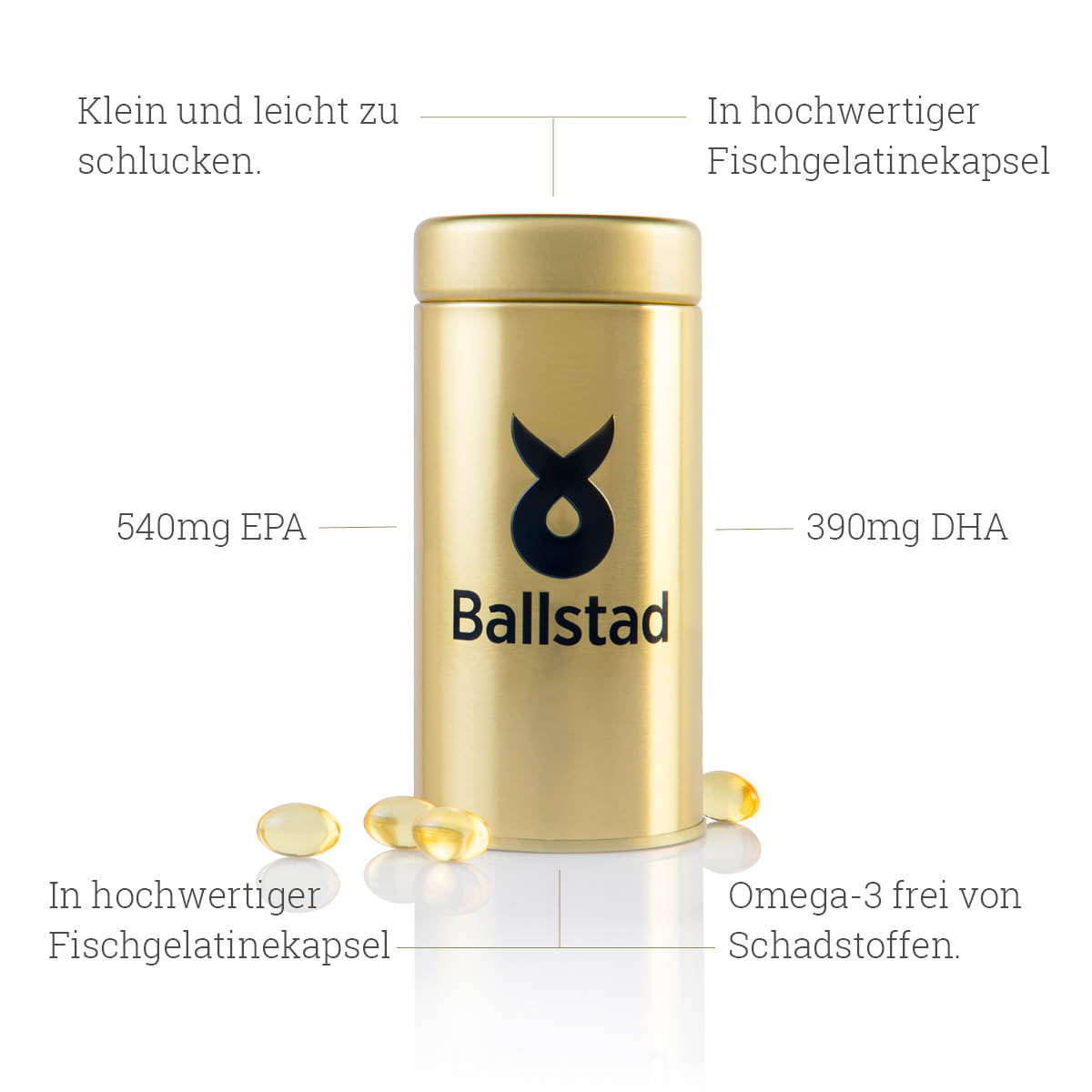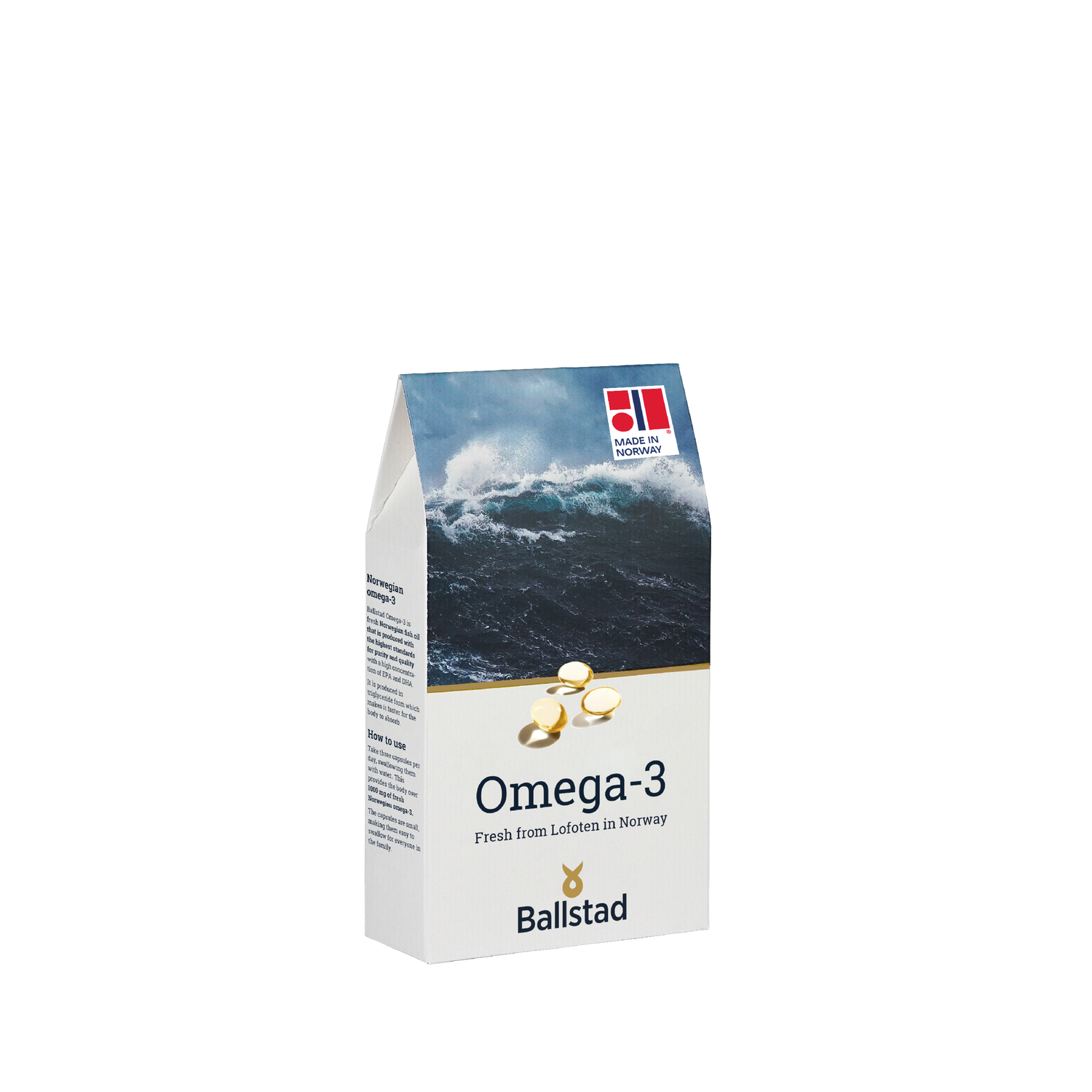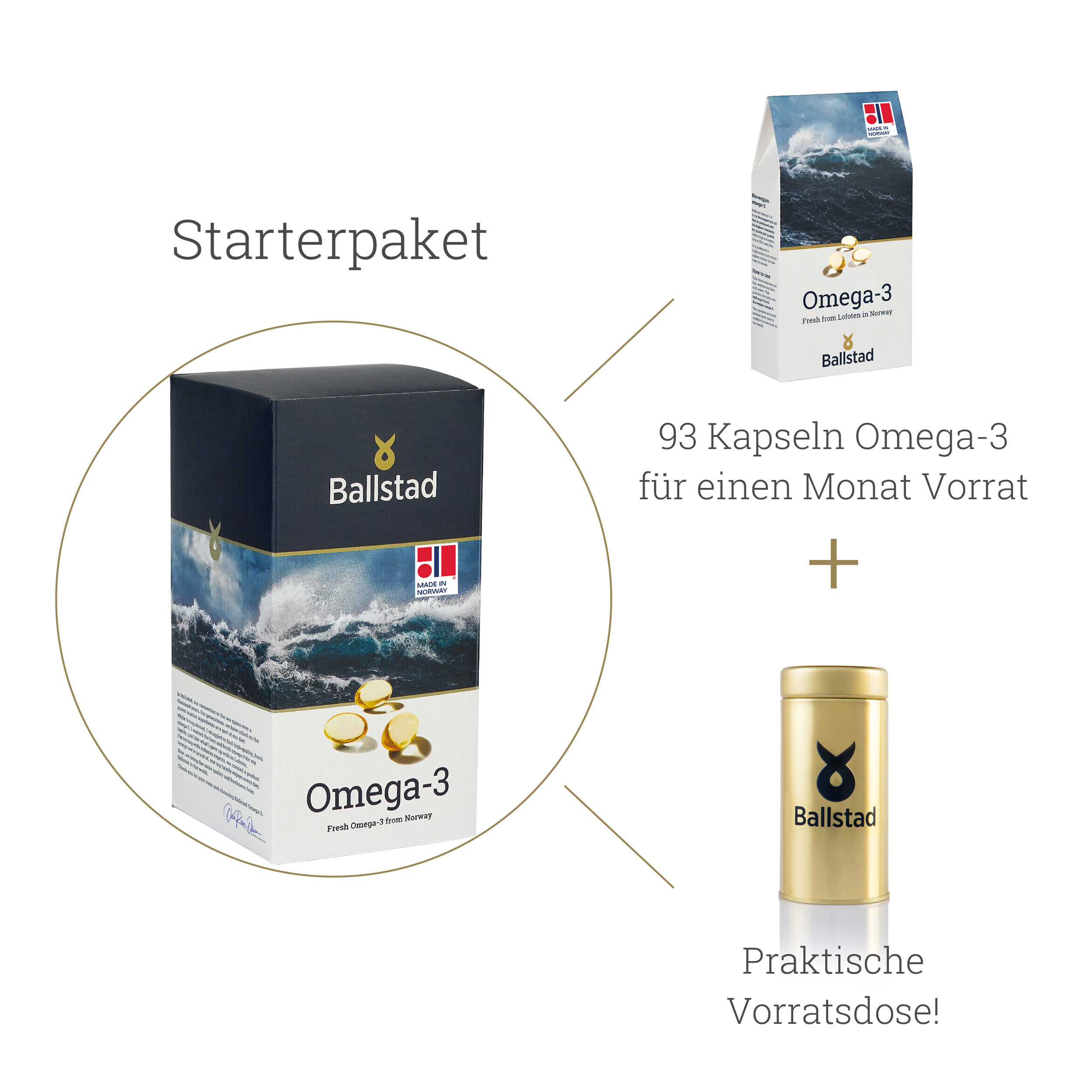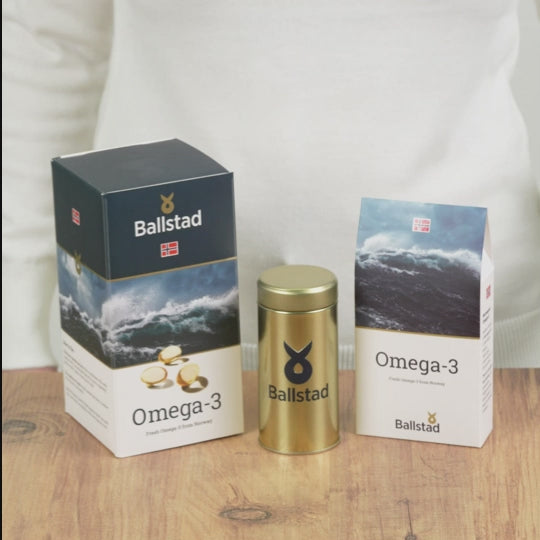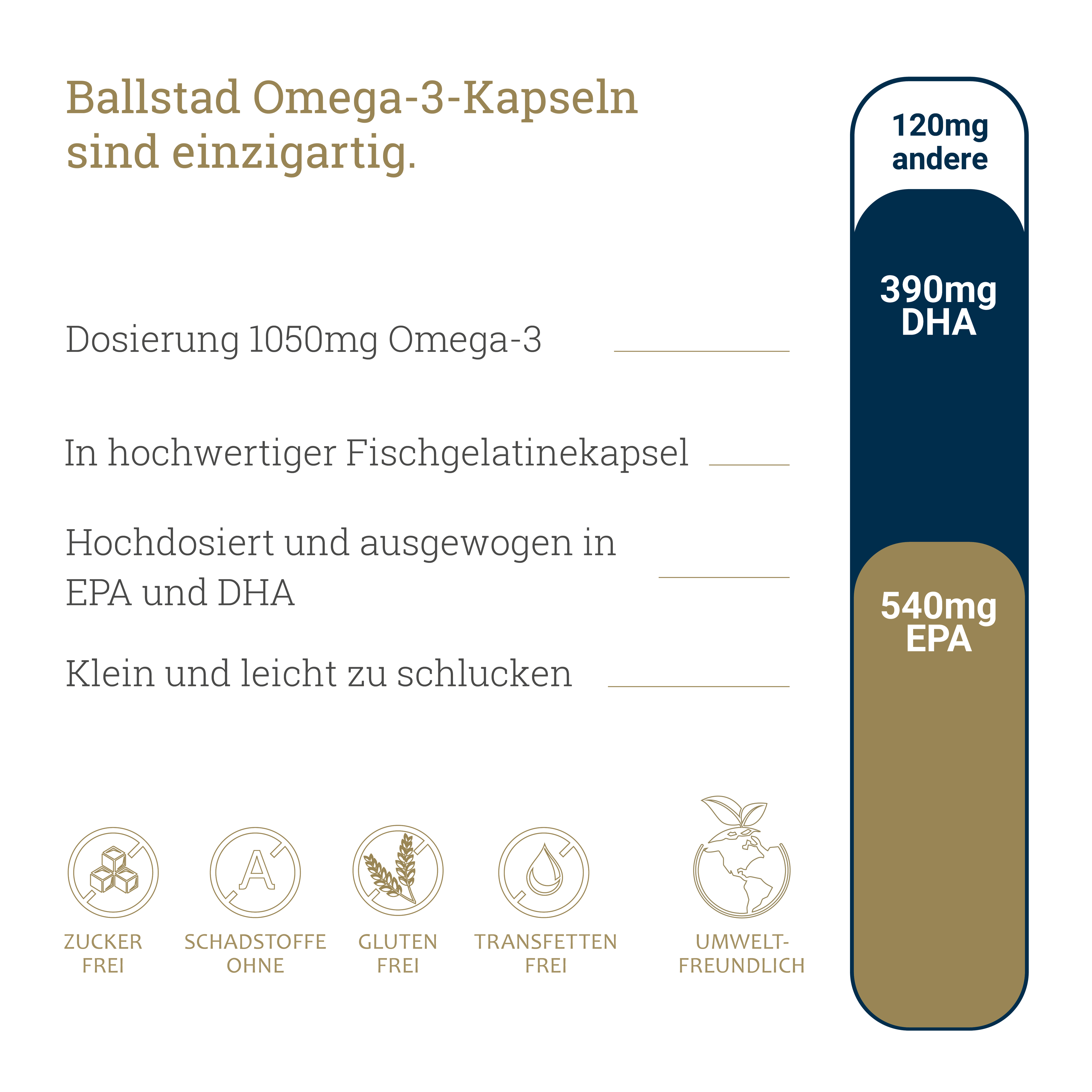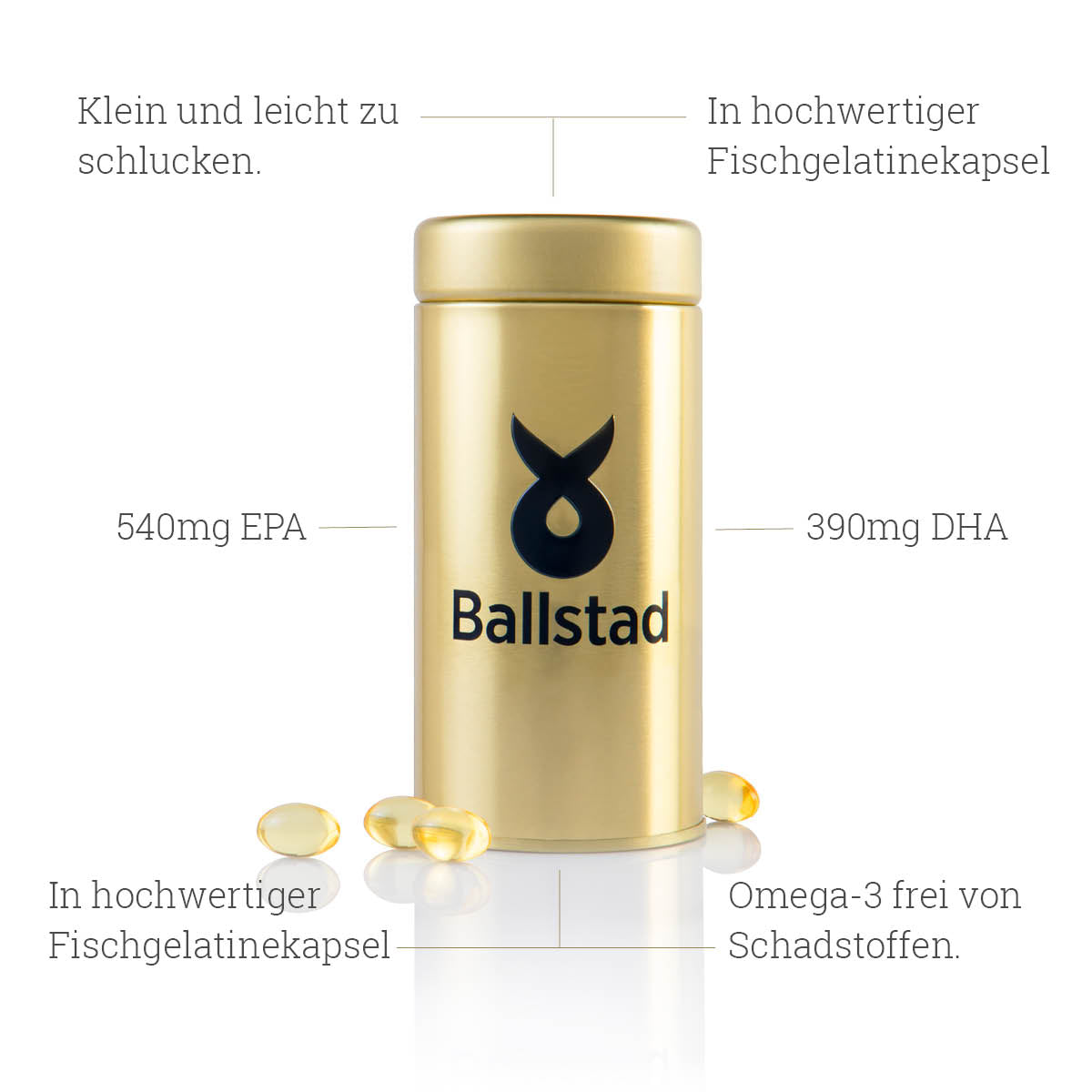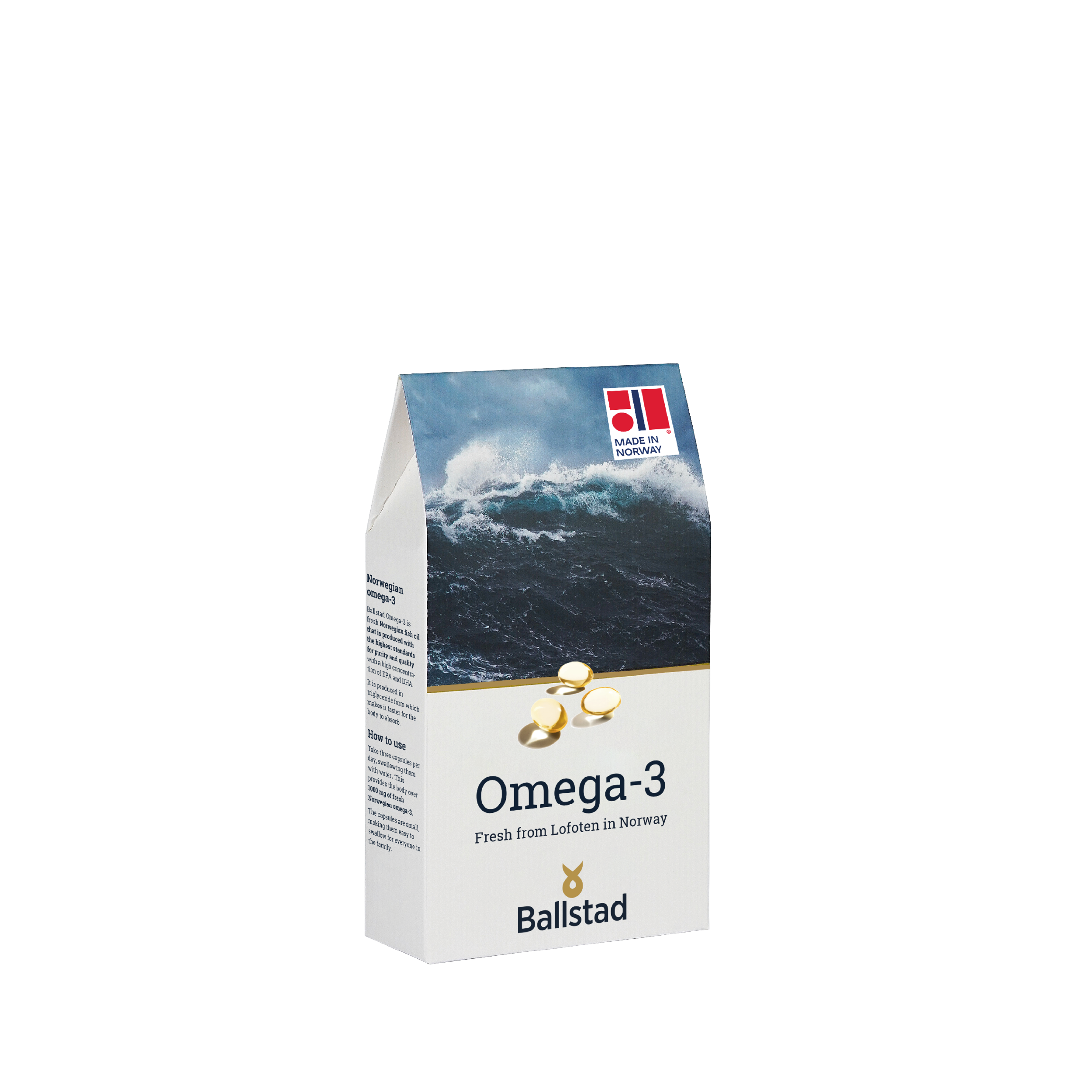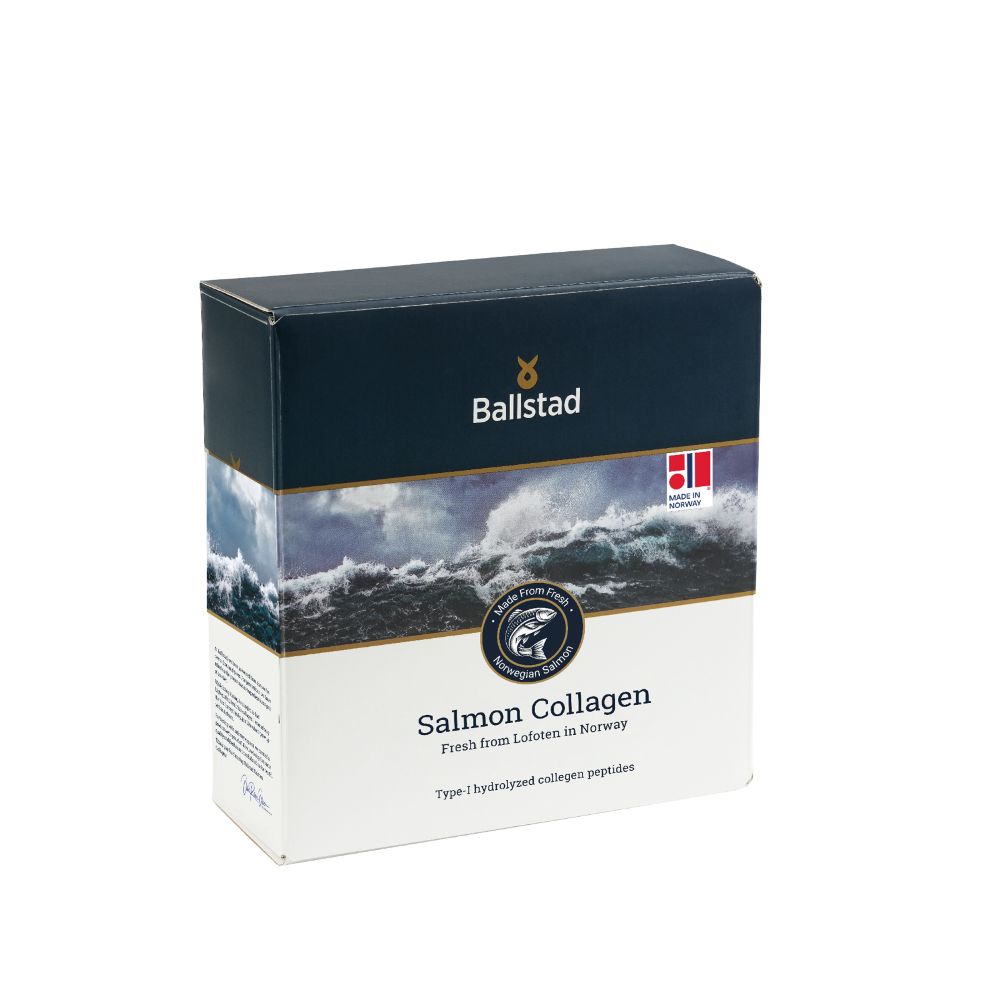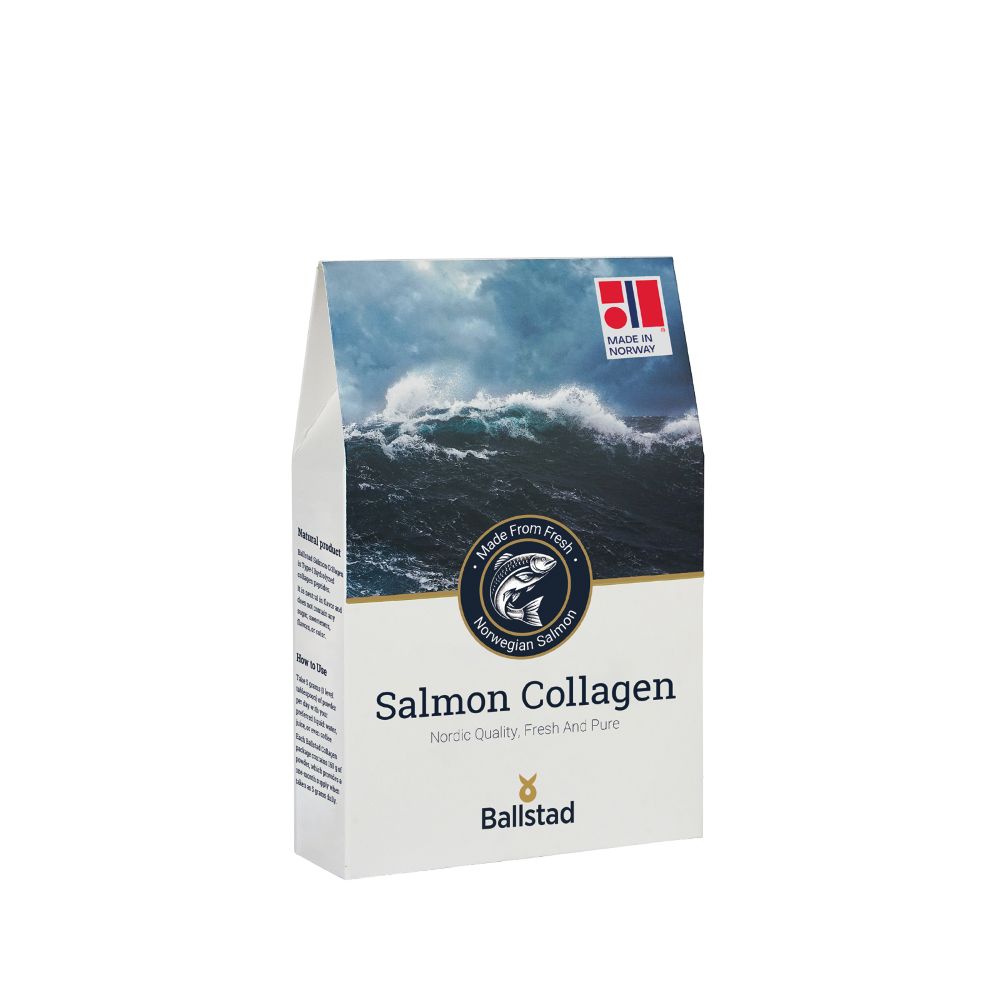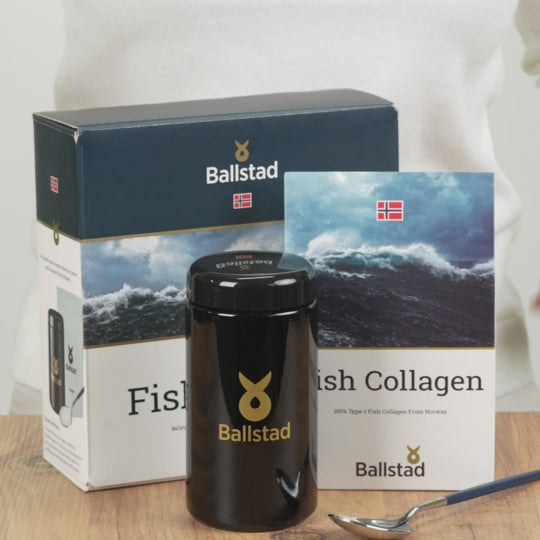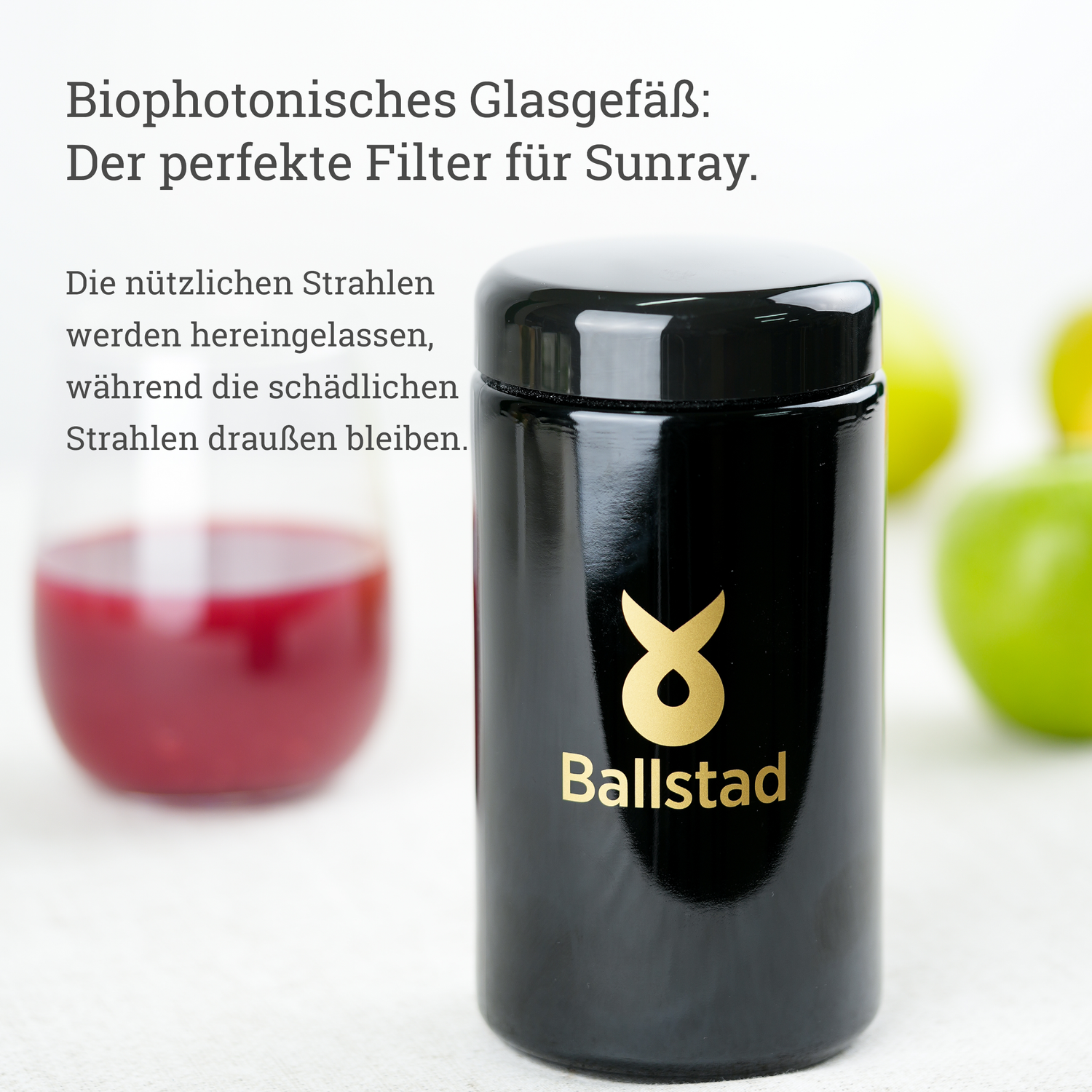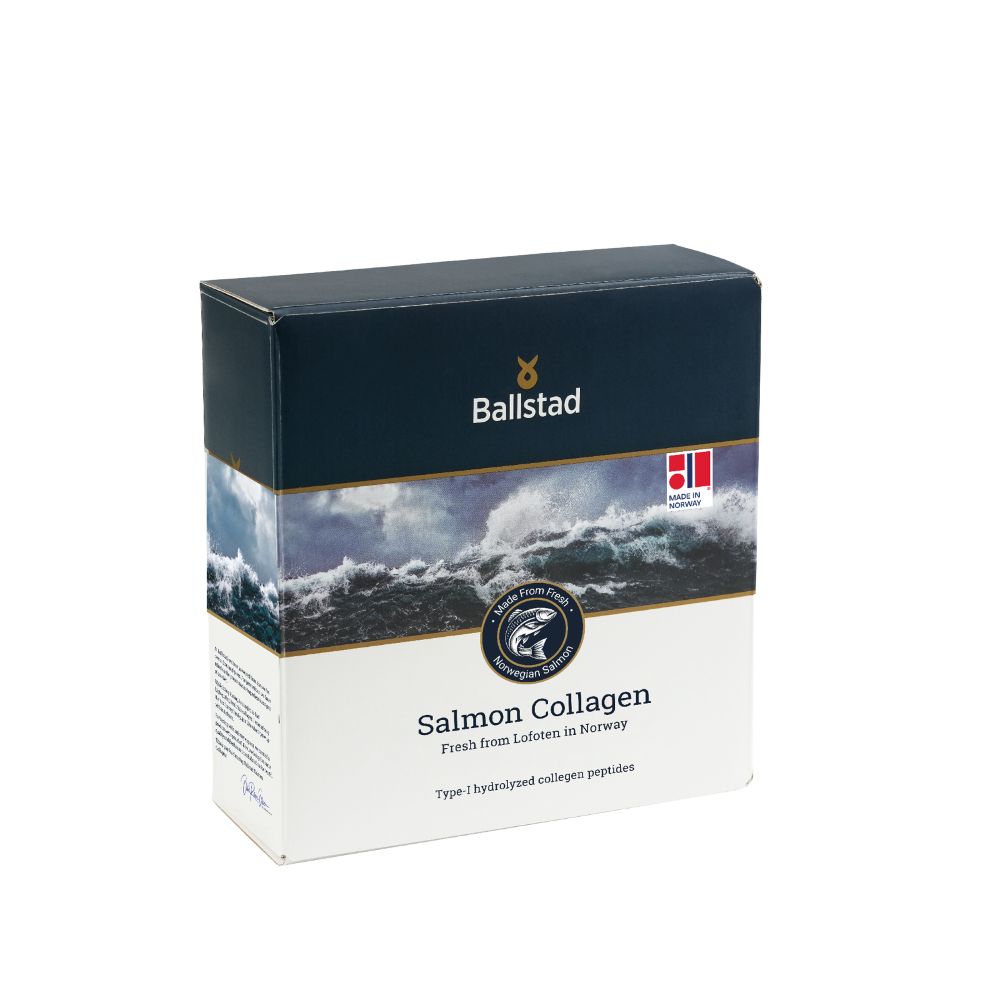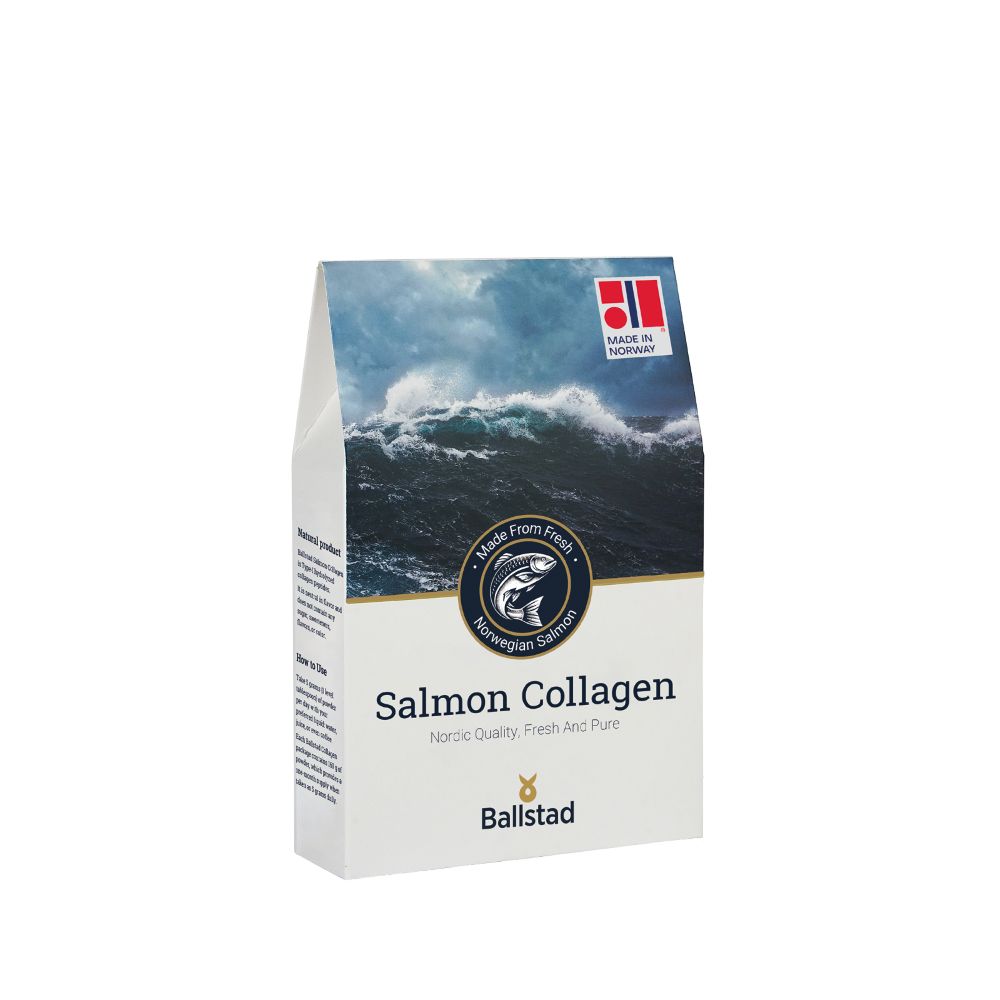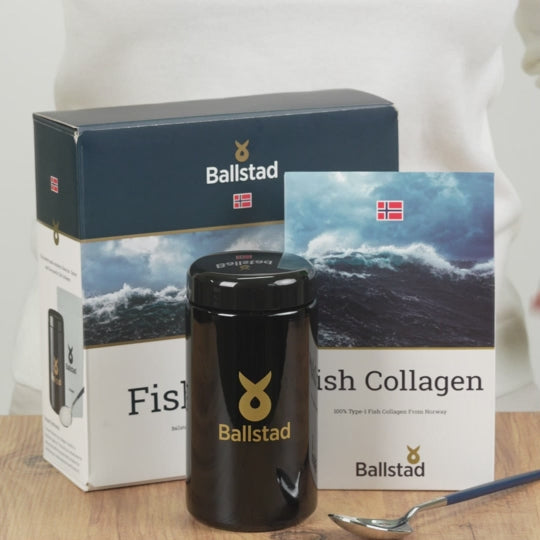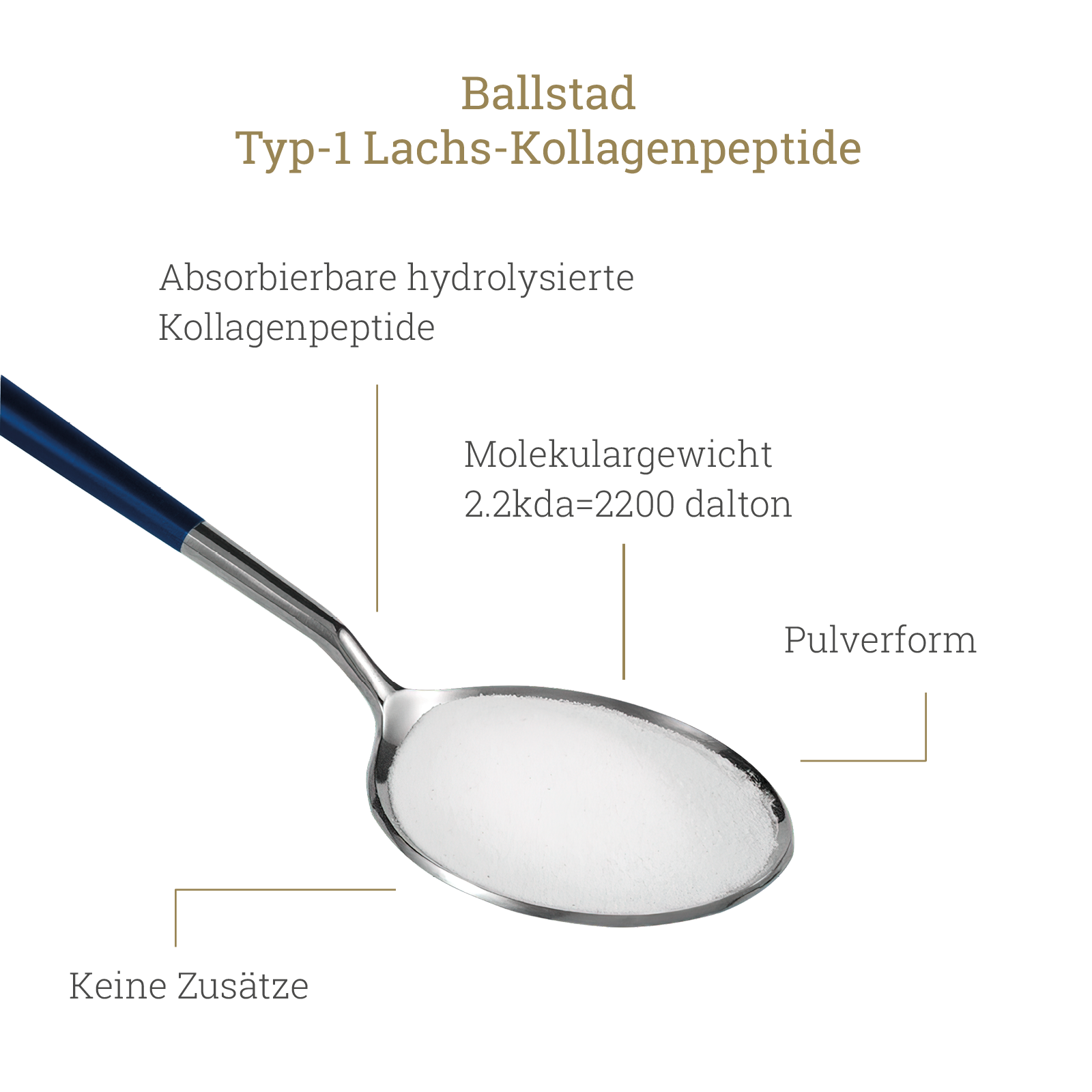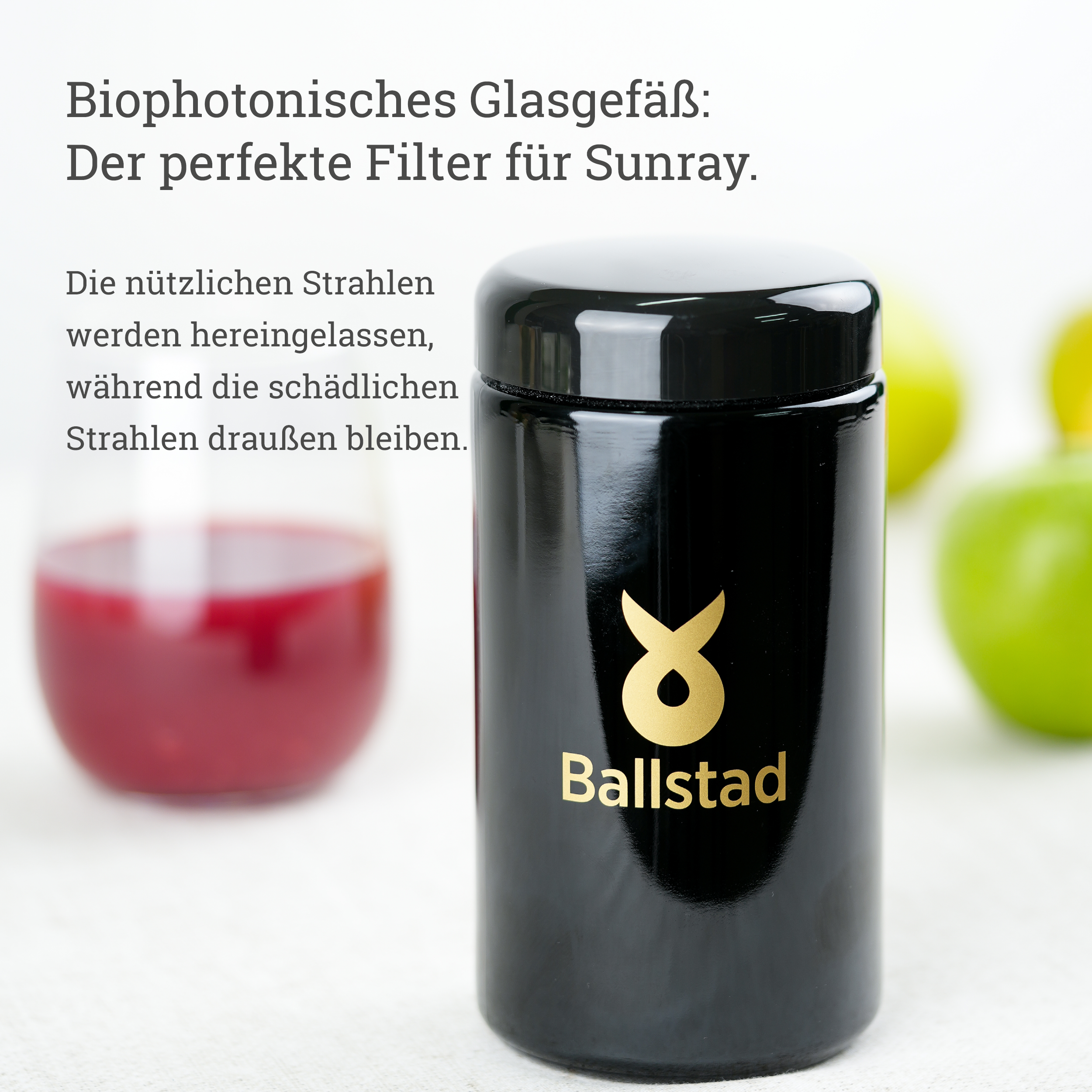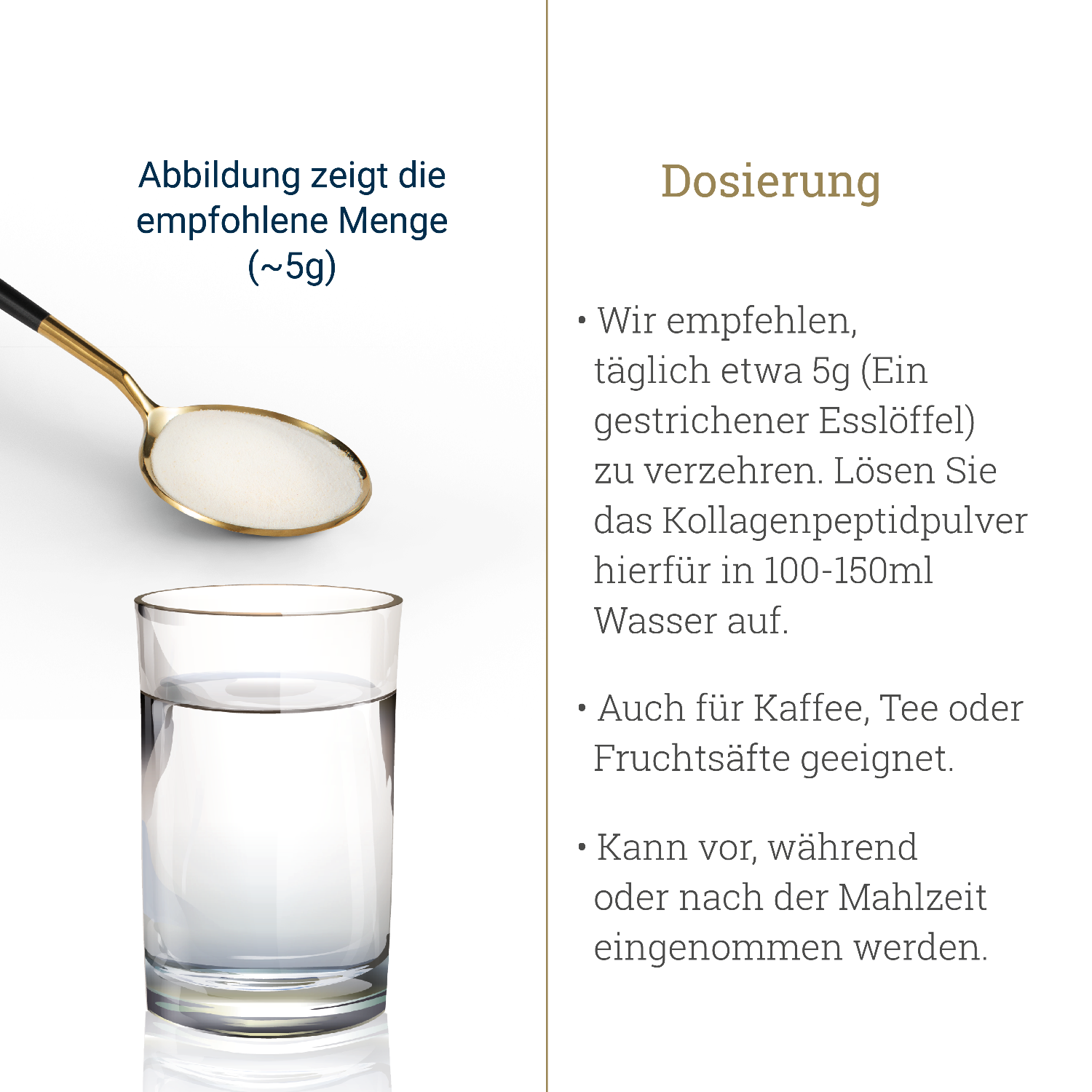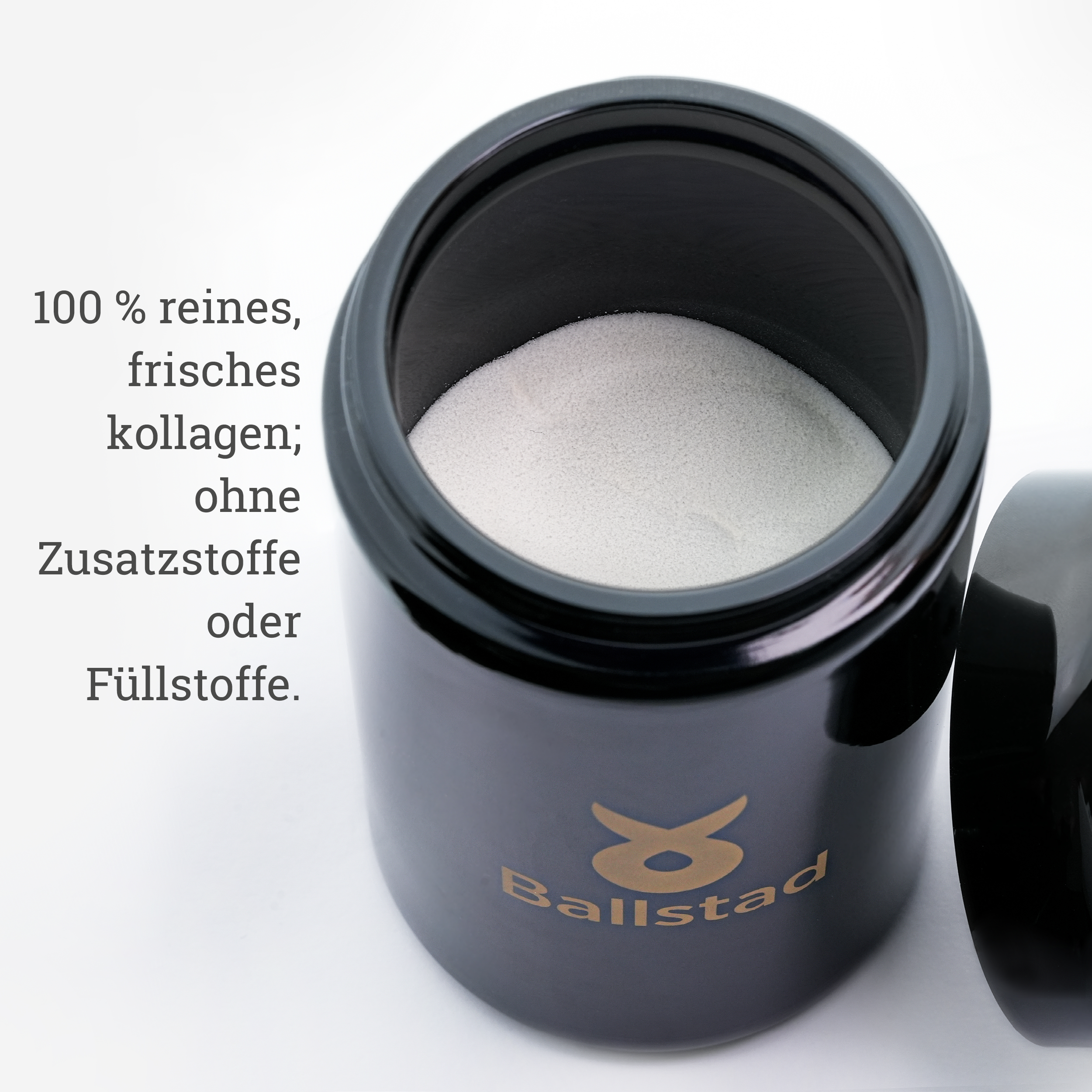Collagen is a key structural protein in the skin, accounting for approximately 80% of its dry weight. It provides elasticity and firmness—and is therefore a focus of both cosmetics and scientific research. But what exactly is collagen, why does it decrease with age, and what do studies say about taking collagen supplements?
What is collagen?
Collagen is the most abundant protein in the human body. It is found in connective tissue, bones, tendons, and, of course, in the skin. Its unique triple helix structure is made up of the amino acids glycine, proline, and hydroxyproline. This structure ensures the elasticity and strength of tissues.
Collagen and the aging process
As we age, the number of fibroblasts—the cells that produce collagen—decreases. This results in lower production, less skin elasticity, and visible signs of aging such as dryness and fine lines. Hyaluronic acid levels also decrease, which can further dry out the skin.
Collagen supplements in comparison
Various approaches are used to support the skin:
-
Topical products: Creams containing collagen can nourish the surface of the skin, but have limited penetration into deeper layers.
-
Injections: Fillers can provide visual plumping, but are costly and medically invasive.
-
Oral collagen peptides: Hydrolyzed collagen is broken down into smaller peptides that are easier for the body to absorb.
What do scientific studies say?
Several studies suggest that orally administered collagen peptides can support skin hydration:
-
Cao et al.: Showed a significant increase in skin hydration in mice after administration of collagen peptides.
-
Sun et al.: A meta-analysis found that collagen supplementation significantly increased skin hydration compared to placebo.
-
Schwartz et al.: In humans, skin moisture increased by around 12% after 12 weeks with 1 g of hydrolyzed collagen.
These results indicate a possible positive effect, although further large-scale, randomized studies are needed to more accurately evaluate long-term effects.
Which collagen source is interesting?
Marine collagen peptides—derived from fish skin—are considered particularly readily available and provide a diverse amino acid profile. Collagen from chicken and beef is also being studied, but the data available is less comprehensive.
Conclusion
Current studies suggest that hydrolyzed collagen can support skin hydration and elasticity. However, further long-term clinical studies are needed to make a sound recommendation. Those wishing to use collagen products should look for high-quality, well-reviewed sources and consider them part of a balanced diet and healthy lifestyle.



